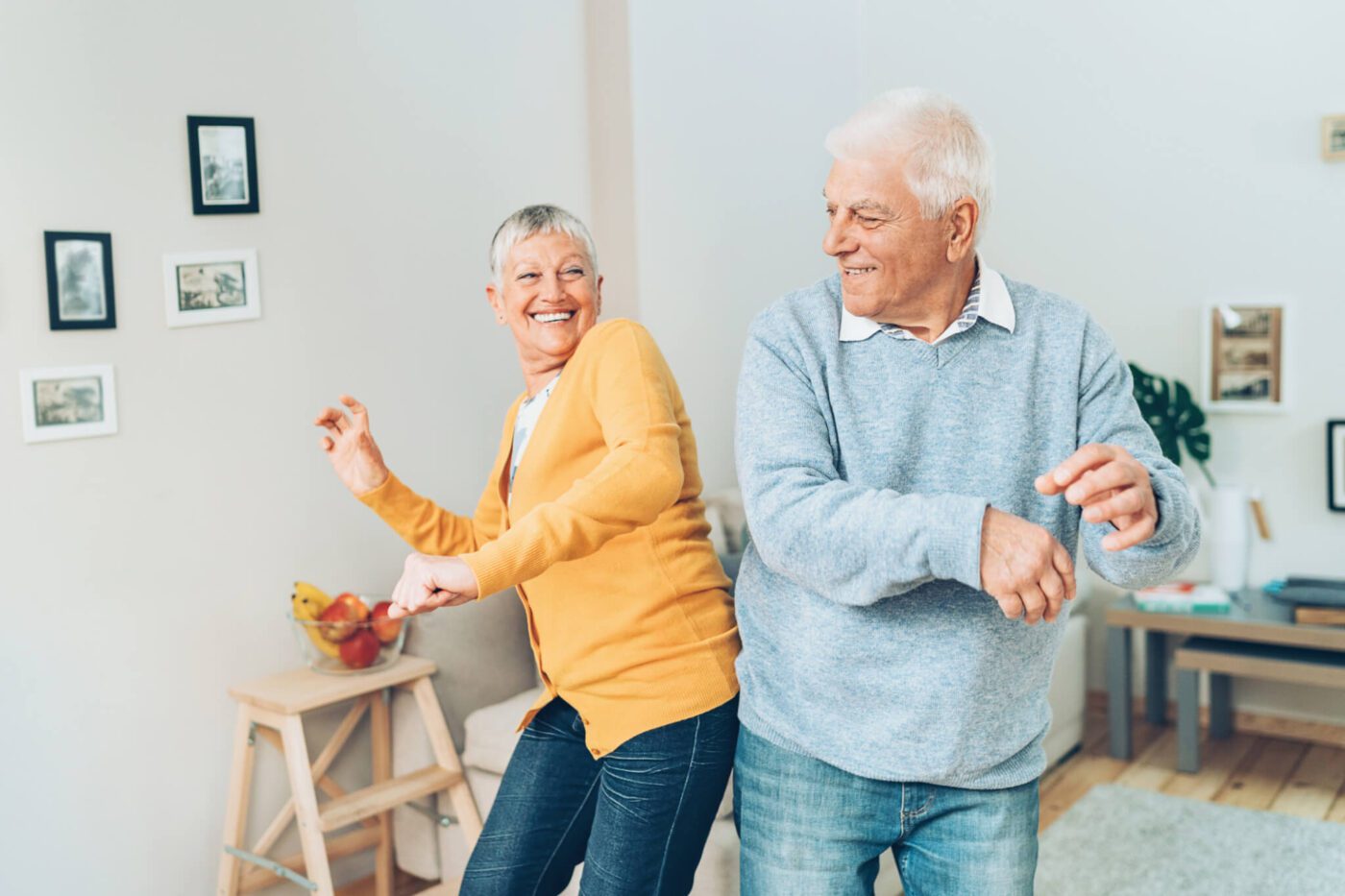Lifestyle changes can reduce risk of developing dementia by a third
Evidence from various studies demonstrates that we can proactively reduce our risk of developing dementia by a third when making positive lifestyle changes. Keeping mentally and physically active as well as maintaining a healthy diet are easy actions we can all take. Dance is one of many activities that could benefit your brain health.
Exercise encourages brain cell growth and survival
Dementia is a serious subject. However, there are fun daily activities that could help reduce the risk of developing the disease in the future. Incorporate these tweaks with a healthy diet and lifestyle. For example: weekly dancing, daily laughing, socialising, brain workouts and learning a musical instrument. Sleep is also very important. We recommend 6-8 hours of quality sleep every night.
Dr Joanne Rodda, Consultant Psychiatrist at Re:Cognition Health, comments: “Exercise provides good blood flow to the brain and is also thought to encourage brain cell growth and survival. Therefore it is essential in helping protect against developing dementia.”
Dr Rodda’s recommended exercise routine
Exercise is very important in maintaining a healthy brain and body. Dr Rodda advises vigorous exercise three times a week for 20 minutes or moderate exercise five times a week for 40 minutes to help reduce the risk of dementia in the long term. Switch one or two of your weekly workouts to dancing for optimal cognitive benefits!
Dance away dementia risk
Learning and remembering new steps activates many neural pathways in the brain. This helps to keep it strong, active and healthy. Whether choosing ballet, tap, flamenco, country, ballroom, latin or jazz, Dr Emer MacSweeney, CEO and Medical Director at Re:Cognition Health, comments: “All dance that involves remembering steps and raising the heart rate is recommended.”
Dr MacSweeney advises people to choose a dance class they enjoy and one which is within physical capabilities.
 Visit our USA website
Visit our USA website





